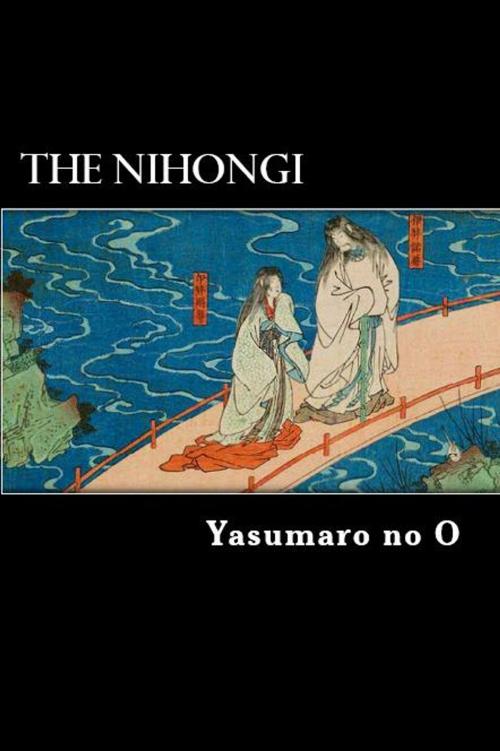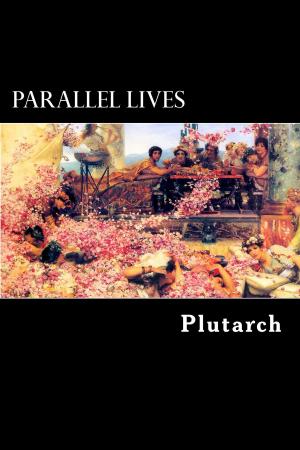The Nihongi
Chronicles of Japan from the Earliest Times to A.D. 697
Nonfiction, Religion & Spirituality, Eastern Religions, Shintoism, History, Asian, Asia, Japan| Author: | Yasumaro no O | ISBN: | 1230000101818 |
| Publisher: | Herne Ridge Ltd. | Publication: | January 24, 2013 |
| Imprint: | Language: | English |
| Author: | Yasumaro no O |
| ISBN: | 1230000101818 |
| Publisher: | Herne Ridge Ltd. |
| Publication: | January 24, 2013 |
| Imprint: | |
| Language: | English |
The Nihon Shoki, translated as The Chronicles of Japan, is the second oldest book of classical Japanese history. The book is also called the Nihongi (The Japanese Chronicles). It is more elaborate and detailed than the Kojiki, the oldest book, and has proven to be an important tool for historians and archaeologists as it includes the most complete historical record of ancient Japan. The Nihongi was finished in 720 AD under the editorial supervision of Prince Toneri and with the assistance of Yasumaro no O.
The book begins with the Japanese creation myth, explaining the origin of the world and the first seven generations of divine beings, and continues its account through to events of the 8th century. It is believed to record accurately the latter reigns of Emperor Tenji, Emperor Temmu and Empress Jito. It describes episodes from mythological eras and diplomatic contacts with other countries. The Nihongi was written in classical Chinese, as was common for official documents at that time.
Yasumaro no O (died August 15, 723) was a Japanese nobleman, bureaucrat, and chronicler. He is most famous for compiling and editing, with the assistance of Hieda no Are, the Nihongi and the Kojiki, the two oldest books on Japanese history.
The Nihon Shoki, translated as The Chronicles of Japan, is the second oldest book of classical Japanese history. The book is also called the Nihongi (The Japanese Chronicles). It is more elaborate and detailed than the Kojiki, the oldest book, and has proven to be an important tool for historians and archaeologists as it includes the most complete historical record of ancient Japan. The Nihongi was finished in 720 AD under the editorial supervision of Prince Toneri and with the assistance of Yasumaro no O.
The book begins with the Japanese creation myth, explaining the origin of the world and the first seven generations of divine beings, and continues its account through to events of the 8th century. It is believed to record accurately the latter reigns of Emperor Tenji, Emperor Temmu and Empress Jito. It describes episodes from mythological eras and diplomatic contacts with other countries. The Nihongi was written in classical Chinese, as was common for official documents at that time.
Yasumaro no O (died August 15, 723) was a Japanese nobleman, bureaucrat, and chronicler. He is most famous for compiling and editing, with the assistance of Hieda no Are, the Nihongi and the Kojiki, the two oldest books on Japanese history.















